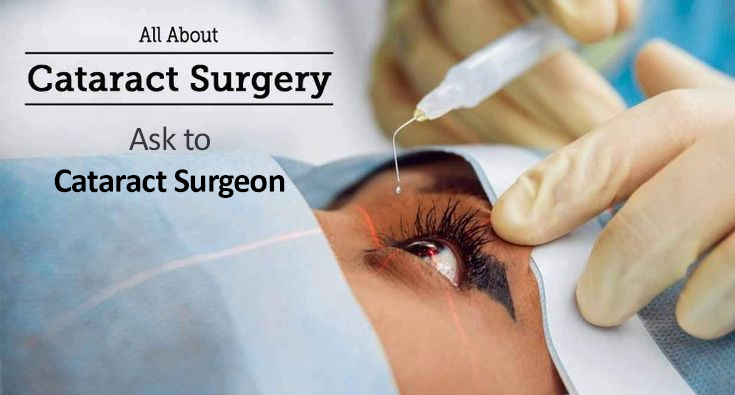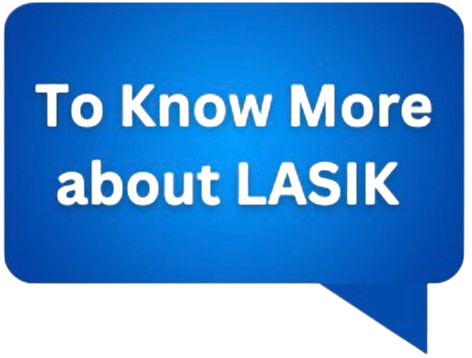Frequently asked questions on cataract surgery, answered by our specialist surgeons.
1. Who will perform cataract surgery?
Our team of cataract specialists is among the most skilled and experienced in India. Most importantly, they are among the most experienced in the country at laser cataract surgery and among only a Handful of surgeons worldwide with the advantage of experience with multiple laser systems.
2. What’s the difference between traditional and advanced laser cataract surgery?
In traditional cataract surgery, your eye surgeon will make a small incision in the side of your Cornea with a hand-held blade to remove the clouded portion of the lens called the cataract. Then, a small ultrasonic probe is inserted into your eye to induce a process called phacoemulsification. The probe will release ultrasonic waves that break up the clouded lens so that it can then be suctioned out by your surgeon.
Advanced laser cataract surgery uses a femtosecond laser to assist in the surgery. It is primarily computer-controlled, which helps to automate and safeguard some of the most traditionally challenging steps of cataract surgery. This laser can correct the shape (astigmatism) of the eye very precisely. Using this laser reduces the ultrasound time to complete the procedure. The end result is precise, safe, quick healing cataract surgery.
The new femtosecond laser-assisted cataract surgery is touted to improve the effectiveness, precision, outcome, and safety of traditional cataract surgery. Laser-assisted cataract surgery, along with the correct choice of intraocular lens (IOL) has made it possible for you to achieve the best-uncorrected vision at distance, near and immediate distance.
3. What’s the difference between monofocal and multifocal lens implants?
In order to remove a cataract, your surgeon must remove the natural lens of your eye. After the cataract is removed, an artificial lens called an intraocular lens, or IOL, is inserted into the eye. What many people do not know is that there are different types of intraocular lenses available to patients. IOL’s typically fall into two categories: Monofocal and Multifocal. Monofocal lenses are used to restore vision for one area of focus. These lenses are usually used to restore distance vision. After having a monofocal lens implanted into your eye, you may still need glasses or bifocals after surgery. Multifocal lenses provide high-quality vision at multiple distances. This lens can correct your vision for distance, up close, and everything in between. With a multifocal lens, you can achieve enhanced vision at a distinct distance customized to suit your lifestyle.
4. Will I still need glasses after surgery? For distance? For reading?
This is a very important question and is dependent on the Intraocular lens (IOL) you choose. If you choose a monofocal IOL, your distance vision may be restored but you will likely still need glasses or bifocals after surgery to correct the shape of the eye (astigmatism) and/or close-up vision.
If you choose a multifocal IOL, you can restore both your distance and reading vision and will likely not need reading glasses or bifocals. For many, Multifocal IOL’s are the right choice if you value having both improved distance and reading vision but do not mind some compromise in your distance vision. In addition, laser cataract surgery can correct astigmatism and give you the best possible uncorrected vision.
5. How much will my cataract surgery cost and what is covered by insurance?
Calculating how much of your cataract surgery will be covered by insurance or out of pocket is dependent on the choices you make between the different procedures and lenses.
The procedure itself is typically covered by insurance providers. However, only basic cataract surgery is covered by insurance. Advanced laser cataract surgery is not typically covered by insurance.
If you have been diagnosed with cataracts or want to learn more about laser-assisted cataract surgery please contact us. We would be happy to give you an examination and determine your treatment options


